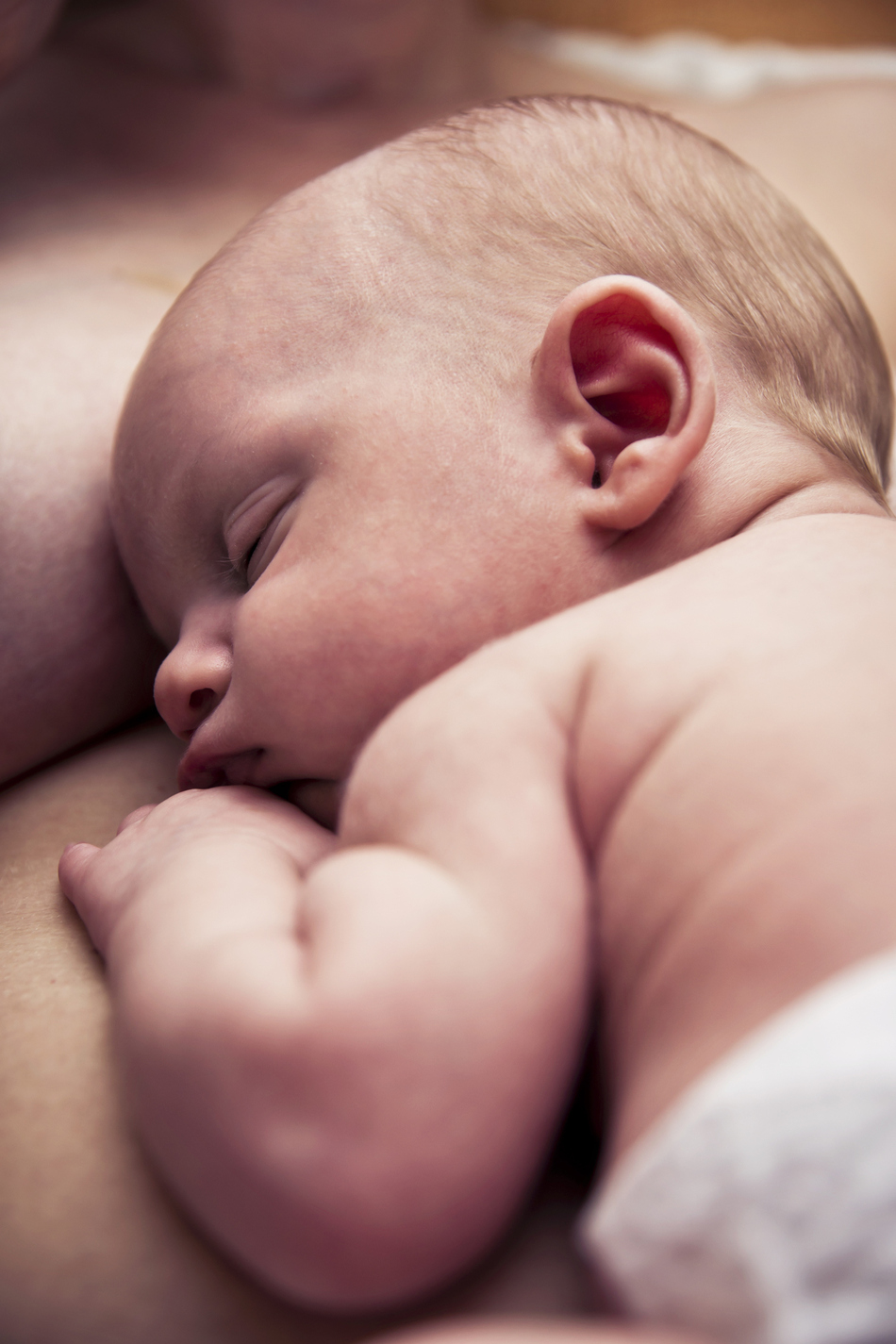
Episode Transcript
Dr. Gellner: Parents have a lot of misconceptions about do's and don'ts for their children's skin. I'll talk about some of these old wives' tales and what's best for your little ones on today's Scope. I'm Dr. Cindy Gellner.
Announcer: Remember that one thing that one person told you that one time about what you should or shouldn't do when raising your kids? Find out if it's true or not. This is Debunking Old Wives' Tales with Dr. Cindy Gellner on The Scope.
Dr. Gellner: Kids' skin seem so different from adult skin. It's sensitive and seems to get weird rashes all the time. In fact, a baby's skin isn't even fully developed until they are about six months old. That's why you shouldn't put sunscreen on them until that age.
So let's go ahead and start with sunscreen. Some people think sunscreen during winter isn't needed. That's not true. If you've ever taken your child out for some fun in the snow, then you know how easy it is for your child to get sunburned on their face. Any time a person's skin is exposed to sunlight, it's a good time for sunscreen. And yes, it actually is true that the lighter your child's skin tone, the more likely they are to get sunburned, especially if they have red hair or light eyes. So what if your child has darker skin? Does that mean they don't need sunscreen? Absolutely not. Darker skin pigments will get a sunburn just like lighter-skinned kids.
What about bathing your child? Kids do get dirty, but it's usually okay to spot clean dirty faces and knees, not so much giving your child a bath every day. Every other day is good. Too much bathing really does take away natural oils, which moisturize them, and will just dry out their skin and make it itchy. Don't let them sit in a bath too long when they do bathe. Not only will they get all wrinkly, but their skin will dry out just as if you bathe them too often. What a child will not catch from being in a bath too long, is a cold. The water may get cold after awhile, and they may shiver because they're physically cold, but they won't get sick.
Pediatricians are often asked about what products we recommend putting on a child's skin. Some people think that organic is always better. Well, not so fast. While many things that are organic are okay, others have natural ingredients that can irritate a child's skin, like certain flower essences, or they can even cause an allergic reaction if a child has a nut allergy and you use something with almond oils. Adult skincare products may or may not be okay for kids depending on the ingredients.
The bottom line goes back to kids and their sensitive skin. I always recommend that whatever parents use it should say, "For Sensitive Skin" and should be free from dyes and fragrances. Products that say, "Tear-Free" are good too.
Finally, when kids get to become teenagers, many people think that makeup ruins the skin. But most makeups now are non-comedogenic. Meaning, they don't worsen acne. What ruins the skin of teenagers most is hormones, and no specific skin product is going to make those magically go away.
Announcer: Want The Scope delivered straight to your inbox? Enter your email address at thescoperadio.com and click "Sign Me Up" for updates of our latest episodes. The Scope Radio is a production of University of Utah Health Sciences.